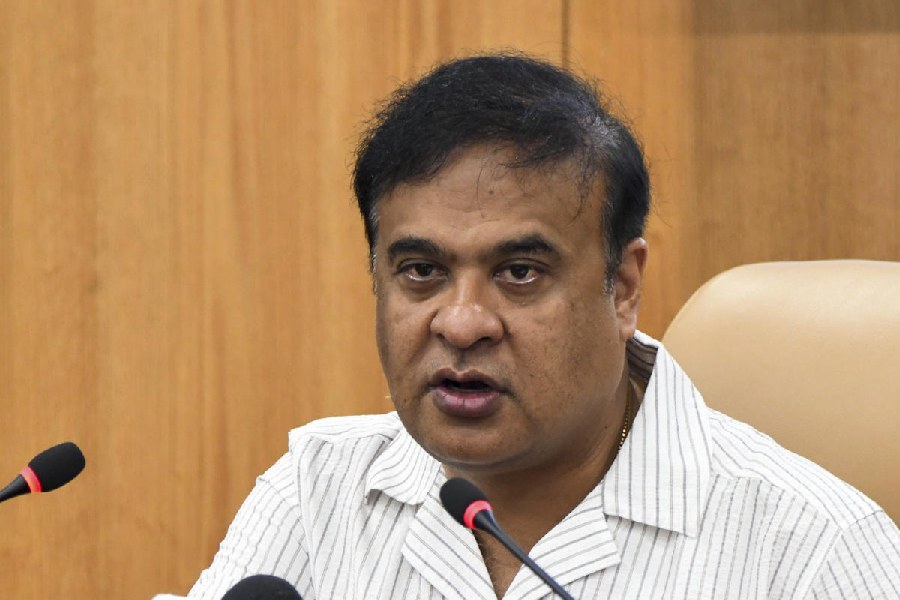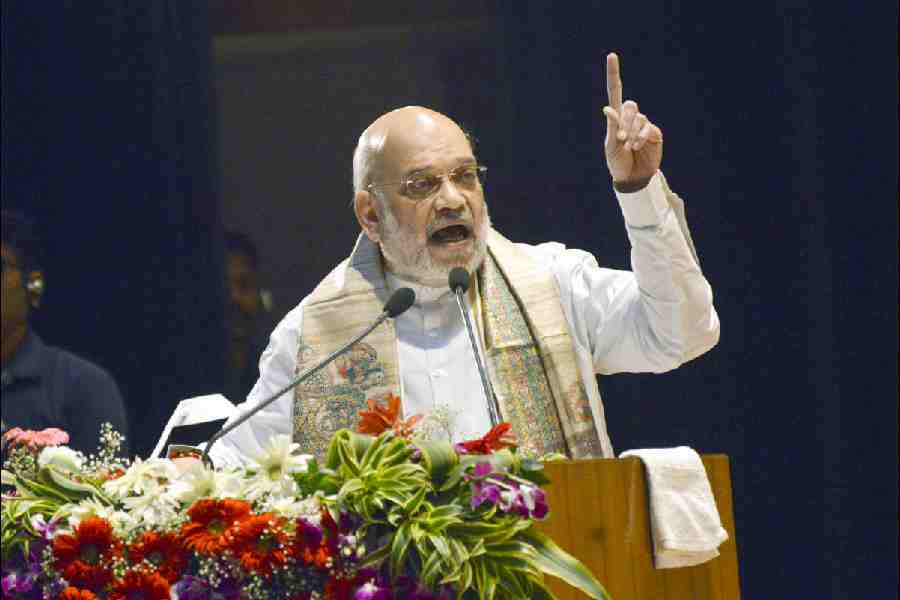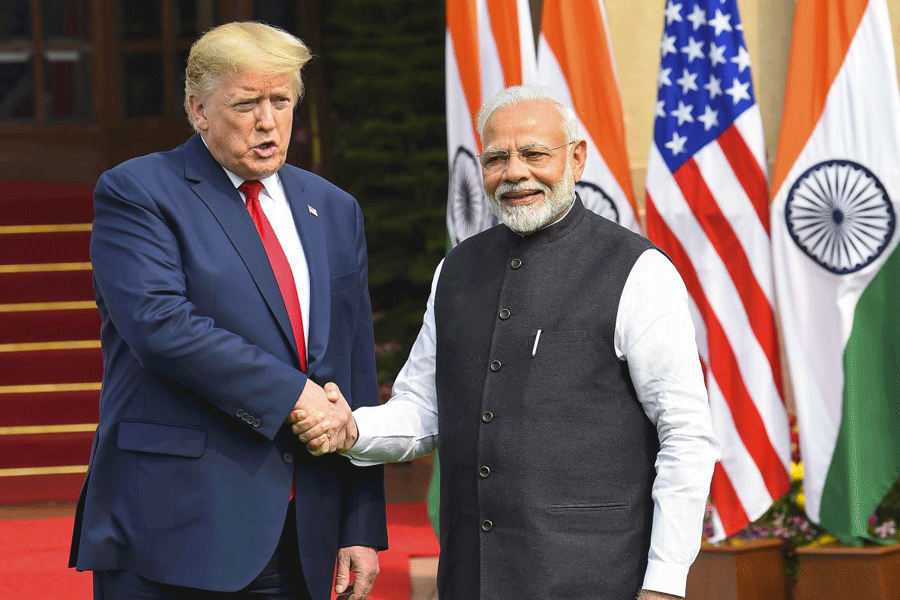The security of the citizen is one of the key responsibilities of the modern State. No government ought to absolve itself from this compact. Yet it appears that Himanta Biswa Sarma’s elected dispensation in Assam looks at this matter differently. Mr Sarma’s cabinet recently announced a scheme by which it would grant licences for arms to “original inhabitants” and “indigenous” citizens who reside in remote areas near the Bangladesh border. Mr Sarma has stated that his government would first define and then identify these locations: Dhubri, Nagaon, Morigaon, Barpeta, Goalpara and some other places are likely to fall within the ambit of this initiative. The ostensible goal is to extend security to communities rendered vulnerable by unrest and demographic shifts. The trouble in neighbouring Bangladesh has also been cited as a probable cause to justify the programme that seeks to protect the ‘identity, land and homeland’ of indigenous communities and original inhabitants.
The rhetoric of protectionism cannot, however, conceal the contentious nature of this endeavour. This is because the arming of civilians, history shows, is always a risky proposition. India’s brush with civilian militias has been overwhelmingly disastrous: the Salwa Judum’s depredations in Chhattisgarh are a case in point. More recently, Manipur’s ethnic crisis witnessed the looting of arms and the formation of people’s militias that often played an instrumental role in the violence. Moreover, what does it say of the efficiency of the bona fide armed formations, their personnel and their leadership when the State contemplates arming civilians for their own safety? Is this Mr Sarma’s way of conceding that the security personnel stationed in Assam are incapable of handling the challenges pertaining to the law and order situation in the state? If that is so, his government is equally complicit in the failure. It must also be remembered that Assam has had a long and bloody history when it comes to ethnic tensions. The concern with illegal immigration of Muslims from Bangladesh is an emotive, politically potent issue as well as an administrative challenge. Arming original and indigenous residents cannot be the way to nip a perceived threat from across the border. That is the State’s job. Conversely, armed people’s militias can raise the risk of conflagrations even within the border given tense inter-community ties. Assam is also critical to India’s thrust to develop the Northeast. Does Mr Sarma not know that guns and business cannot coexist?











